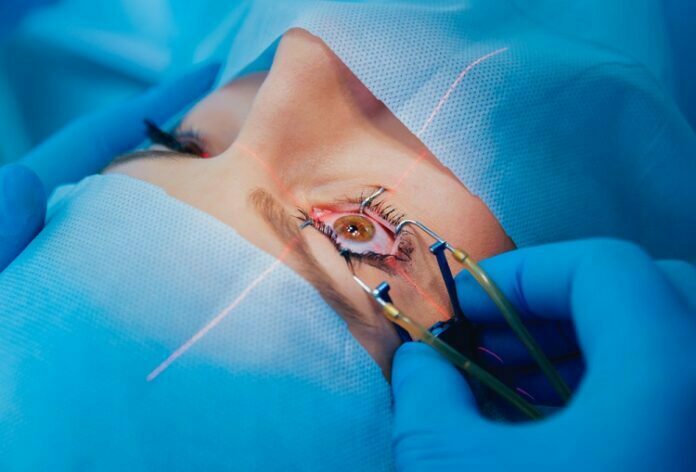You should and should not do some things after cataract surgery, and your doctor will likely give you this list. Whether you expect to be anxious or not, the most important thing you can control is how well you prepare for cataract surgery. If you follow your surgeon’s orders from Huntingdon Valley Suburban Eye Associates, you will have a better chance of a speedy recovery after surgery.
Do not be shy about asking for clarification if you are unsure about anything. If you need help during surgery, the staff can provide it. Additionally, you can do things before surgery to improve the odds of a successful outcome. Here are a few examples:
Table of Contents
Plan a cataract screening
Step one in getting ready for cataract surgery is to make an appointment with a reliable eye specialist for a thorough examination. Your doctor will be able to examine your eyes and learn more about your health during this visit. Laser treatment is often the best option when cataracts interfere with regular tasks like driving and reading.
Focus on your vision health throughout the consultation process. Call your doctor if you have any flushing or sensitivity. They may need to arrange a second appointment to deal with these issues. For the surgery to go well, your eyes must be healthy.
Plan for your recovery
Most people can return home the same day as their cataract surgery, so you must be physically and mentally prepared for recovery before your operation. It would help if you made plans to have a friend or family member drive you home since you will not be in a fit state to drive. In the weeks leading to surgery, ensure responsibilities that will need to be taken care of while recovering from the anesthesia and the surgery are taken care of. It includes not lifting heavy things or engaging in other intense activities.
Consult your doctors about your medications
Tell your eye doctor whether you are currently taking any drugs. Your primary care doctor is another resource for preventing issues during your future cataract surgery. Several drugs may alter how sedatives work in the body. Your doctor may want you to stop taking blood-thinning medication or reduce your dose before surgery. Please ensure no hiccups by following their recommendations on the day of surgery.
Apply the eye drops
You may be instructed to take antibiotic eye drops a few days before the treatment. Following this plan is easy since your doctor will show you how to do it. Please use the prescribed eye drops as directed to help avoid infection. The day of surgery is another option for using the drops. If you can, please bring them along with you to the appointment.
Take all precautions necessary before surgery
You must stick to the pre-op instructions that have been given to you. You will want to know exactly when you may and cannot eat or drink before your cataract surgery. If you consume anything after that period, your procedure may have to be postponed, adding an unneeded hassle (and perhaps cost) that can be avoided otherwise.
Cataract surgery may be frightening for some people, particularly those who have never undergone any medical operation. But with proper planning and communication, you may approach the operating room with as little anxiety as possible and increase the likelihood of a successful procedure that restores your vision for years to come.















